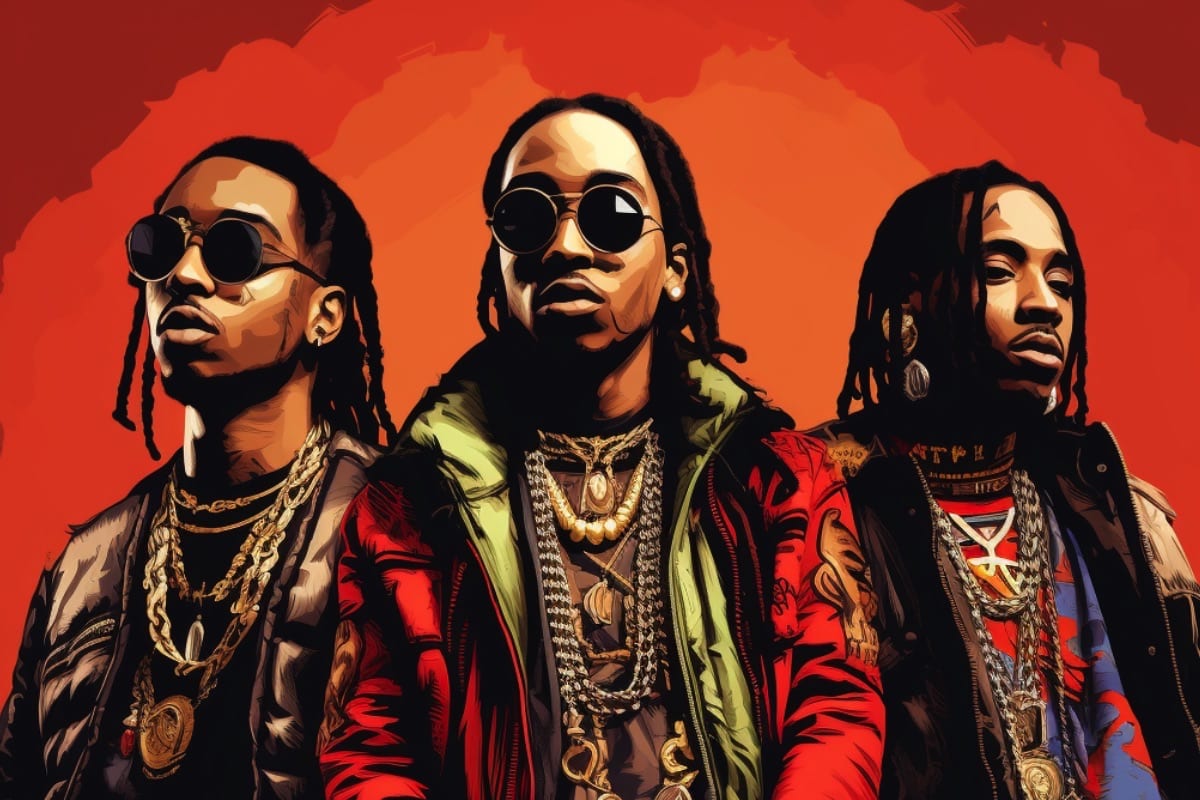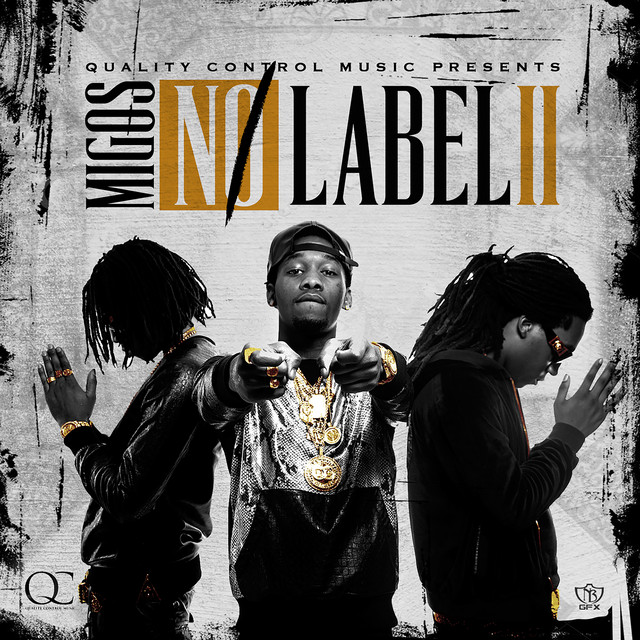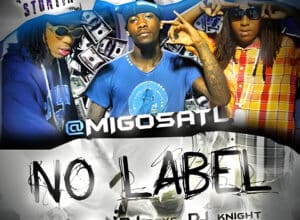Released: 2017
“T-Shirt” by Migos is a vivid portrayal of the trio’s gritty origins in the drug trade, coupled with their subsequent rise to hip-hop stardom. Drawing heavily from southern trap styles, this song cleverly uses metaphors and colloquial language to vividly narrate the group’s hustle and ambition, while warning against the dangerous allure of the street life.
The city of Nawf Atlanta, where the Migos hail from, serves as a recurring anchor in their lyrics. In the hook, the cryptic phrase “Seventeen five, same color T-shirt” refers to $17,500, a standard price for a kilo of cocaine in the drug trade. The infamous white ‘T-shirt’ symbolizes cocaine. This is a nod to the conflict between making money in perilous ways and listening to one’s parental guidance.
The repeated line “Young nigga poppin’ with a pocket full of cottage” uses ‘poppin’ to signify their rising popularity and ‘cottage’ is street lingo for cocaine. They’re denoting their wealth coming from drug dealing, while ‘Chopper aimin’ at your noggin’ is a vivid image showing their readiness to protect themselves in their harsh environment.

‘Sace that’s my hobby refers to their penchant for high-end Versace gear as an indicator of their newfound wealth. A ‘pocket rocket from O’Reilly’ refers to a compact firearm, hinting at the constant need for self-protection in their world. The line “Ain’t gon’ never let up, nigga God said show my talent” shows their unwavering determination to leverage their talent and rise out of their harsh circumstances.
The verses progress to explaining their continual grind to accumulate wealth as unapologetically embodied in the line, “Roll a cigar full of broccoli”. ‘Broccoli’ here is a euphemism for marijuana, an open nod to the weed culture prevalent in hip-hop. “I’ma hit the gas, 12 can’t pull me over” demonstrates defiance. ‘Hit the gas’ means to speed up in a car, and ’12’ is slang for the police – they’re asserting their disregard for potential legal consequences.
Towards the end, Quavo gets introspective with “Mama asked me, ‘Son, when the trappin’ gon’ quit?'”, revealing the inherent tension between their former lives and their current fame. Finally, the song culminates with the recurring theme of their humble beginnings, juxtaposed with their current success – representative of their tumultuous climb to the top of the hip-hop pyramid.








